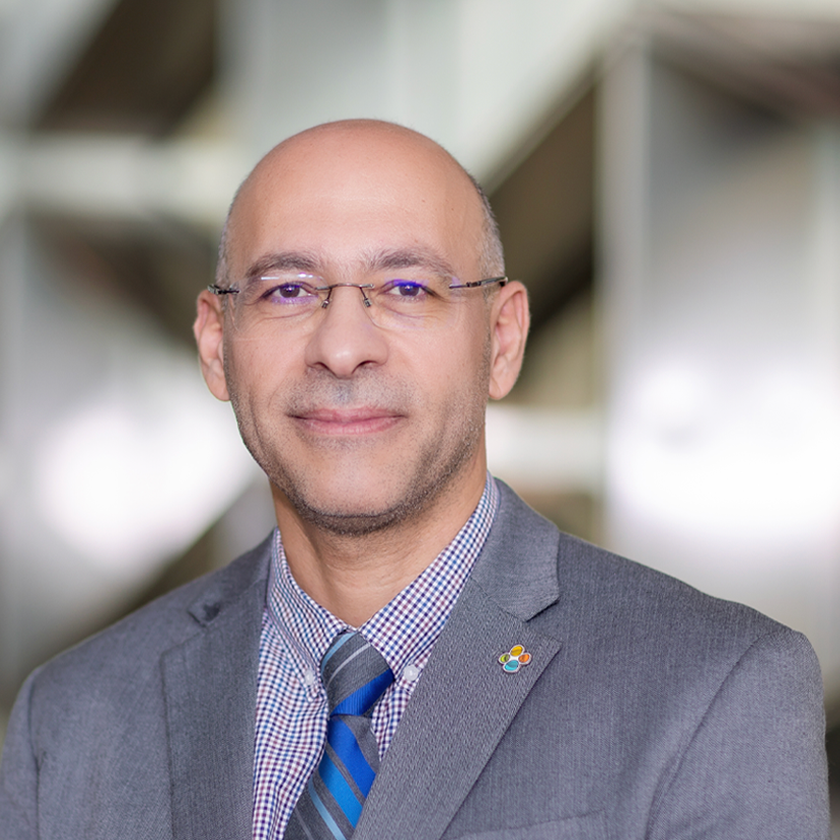
Hussein Hoteit
Professor, Earth Systems Science and Engineering
Associate Dean, Students, Physical Sciences and Engineering
"Decarbonization is an unavoidable challenge of the 21st century. My research aims to advance subsurface solutions that power a reliable energy future while protecting the environment."
Program Affiliations
Biography
Dr. Hussein Hoteit is professor of the Earth Systems Science and Engineering (ESSE) Program at KAUST. His work spans reservoir engineering, multiphase fluid flow and reactive transport, with a present focus on energy-transition applications. Before joining KAUST in 2016, he spent about 15 years in the oil and gas industry at Reservoir Engineering Research Institute (RERI), ConocoPhillips (reservoir-simulation development, heavy-oil technology), and Chevron (unconventional resources, IOR/EOR). He has 150+ publications in the field, and has secured multiple external industry projects. He has served as an associate editor for SPE Journal, a focus area editor for JPT, and contributed to Mission Innovation’s Carbon Dioxide Removal (CDR) Program and Saudi Arabia’s Circular Carbon Economy National Program. He currently serves as a lead author for Chapter 15, “Potentials, Limits, and Risks of Carbon Dioxide Removal,” in the IPCC Working Group III, in the Seventh Assessment Report (AR7).
Research Interests
Prof. Hoteit’s research targets pore-to-field solutions for the energy transition, with emphasis on optimized hydrocarbon recovery, geological CO₂ sequestration and underground hydrogen storage. He investigates mineral, residual and solubility trapping, including accelerated carbon mineralization in basalts and cementitious materials, and wettability, sealing integrity and adsorption/diffusion processes. His group combines high-resolution experiments (microfluidics, mixed-wettability micromodels and core flooding) to advanced multiphysics modeling, augmented by data-driven machine learning for rapid prediction and uncertainty quantification. Current efforts integrate techno-economic assessment with basin-scale deployment pathways in Saudi Arabia to de-risk carbon capture and storage (CCS), carbon mineralization and H₂ storage.
Education Profile
Postdoctoral Fellow, Louis Pasteur University, France, 2003
Ph.D., Applied Mathematics, Université de Rennes, France, 2002
M.Sc., Applied Mathematics, Université de Rennes, France, 1998
B.Sc., Mathematics and Computer Science, Lebanese University, Lebanon, 1996
Awards and Recognitions
Publications
Research Areas
- Petroleum Engineering
- Earth Science and Engineering

